Fashion leaderTricia Carey joins “low-carbon” crop startup Avalo
The company is expanding its efforts to propagate climate-resilient, low-carbon cotton in the Texas Panhandle. The post Fashion leaderTricia Carey joins “low-carbon” crop startup Avalo appeared first on Trellis.

Key takeaways
- The fashion veteran brings decades of apparel and fiber expertise to Avalo’s AI-driven mission to breed better cotton.
- Industry peers have credited her with efforts to advance circulose, textile-to-textile recycled material from doomed startup Renewcell.
- Carey spent 24 years at fiber giant Lenzing Group, where she led denim strategy and expanded the use of Tencel.
Send news about sustainability leadership roles, promotions and departures to editor@trellis.net. Read more Executive Moves.
Tricia Carey, a veteran of sustainability innovation in apparel, is joining a six-year-old startup that seeks to accelerate the evolution of climate-friendly cotton. As the new chief commercial officer for AI-focused Avalo, she will help develop irrigation-free cotton plants that use 30 percent less fertilizer than with conventional methods.
Based in New York City, Carey will help the Durham, North Carolina, company expand a two-year effort in Texas to discover “low-input” cotton strains that require fewer chemical applications than when conventionally grown.
Carey brings deep experience in fiber and textile development, honed over more than two decades at Lenzing Group. In the late 1990s, she helped usher the company’s new semisynthetic fiber, Tencel, into supply chains for brands including Gap, Levi’s and Under Armour. She worked her way up to become director of business development for denim and the Americas.
More recently, Carey attracted a mix of sympathy and criticism in her nearly two years as the chief commercial officer of Renewcell, which she left last July. The promising Stockholm circularity startup recycled old cotton jeans and T-shirts into material to be blended and spun into new clothes. H&M, Zara and Levi’s featured the product in capsule collections. Due to a mix of bad timing, failure of purchasers to honor agreements and the pressures of a newly public company, Renewcell filed for bankruptcy. However, its product, circulose, lives on with the name Circulose and in mainstream clothes by Reformation and others.
Carey has held numerous leadership roles at fashion sustainability groups, including Textile Exchange and the Fashion Impact Fund. She sits on the boards of Accelerating Circularity and the Transformers Foundation, of which she is also a founding member.
“What excites me most about Avalo is its ability to reimagine agriculture at the intersection of science, AI, and sustainability,” she told Trellis. “My vision for this role is to help scale Avalo’s cotton from pilot to full commercialization — connecting the dots from farm to retail. On a weekly basis, that means working closely with farmers, industry partners, spinners, and mills to optimize fiber performance, as well as collaborating with brands and retailers to align on sustainability goals and product development.”
Avalo’s vision of “low-input,” low-carbon cotton
“We’re so excited to have Tricia on board who has brought industry changing innovation to the textile world,” Avalo CEO Brendan Collins said in a press statement. “That said, her experience as a strategist, supply-chain connector and coalition builder will help us bring similar innovation to other industries that desperately need it.”
The machine learning startup hopes to rapidly produce and popularize crops that weather droughts and other conditions amplified by the climate crisis. The company’s “discovery engine” pinpoints the genetic basis for specific crop traits, then uses its findings to make quick, accurate simulations and predictions. Avalo doesn’t make genetic modified organisms; it finds ways to breed more plants that use fewer resources and chemicals.
Fashion loves cotton, its second most utilized fabric. But so do aphids and bollworms. Worldwide, cotton is responsible for roughly 10 percent of pesticide use and 2.5 percent of global use of farm-worthy land, according to the Pesticide Action Network. The crop also guzzles 3 percent of all water used in agriculture, according to the World Wildlife Foundation.
Only 2 percent of global cotton is grown with organic, traceability standards, such as the Better Cotton Initiative.
Avalo is also working on other low-carbon commodities, including rice and rubber. Its sugarcane efforts nabbed a partnership in March with CocaCola Europacific Partners (CCEP).
The company just raised most of its $14.9 million in funding in March, with a Series A round of $11 million led by Alexandria Venture Investments and Germin8 Ventures.
Threads of AI and fibers
Carey recently advised FibreTrace, another AI technology bid involving apparel materials. It enables end products to be traced to their origins by embedding a nontoxic, pigment-based identification marker in raw fibers. She recently described the growth in tech-focused companies boosting materials traceability and transparency as part of a generational shift in the industry. “You need someone to make sure it’s being applied properly, so you need your IT person but you also need a textile technologist,” she told California Apparel News last week.
It sounds like Avalo was listening.
[Join Trellis Network to gain the powerful peer network you need to drive more impact across your organization.]
The post Fashion leaderTricia Carey joins “low-carbon” crop startup Avalo appeared first on Trellis.











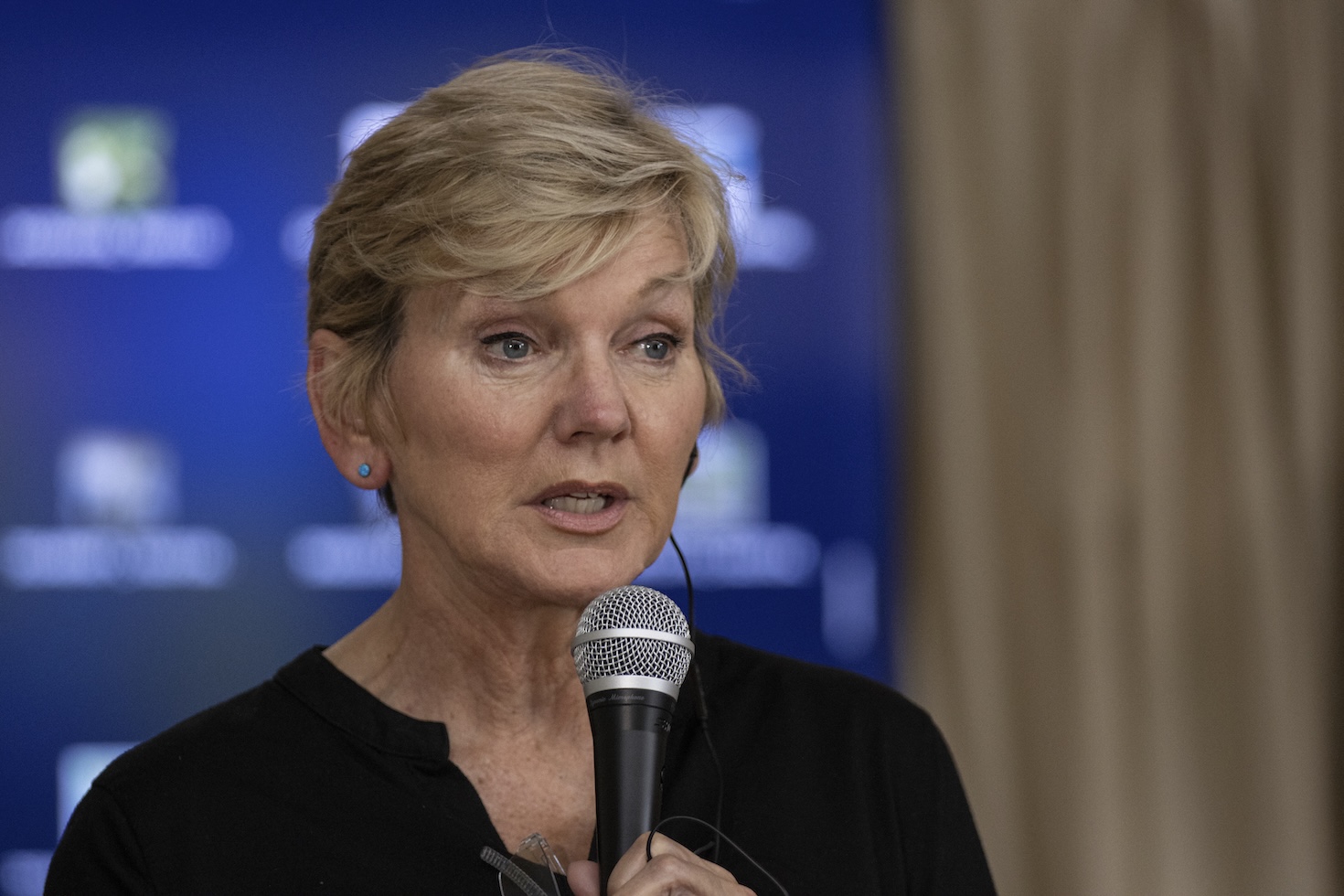









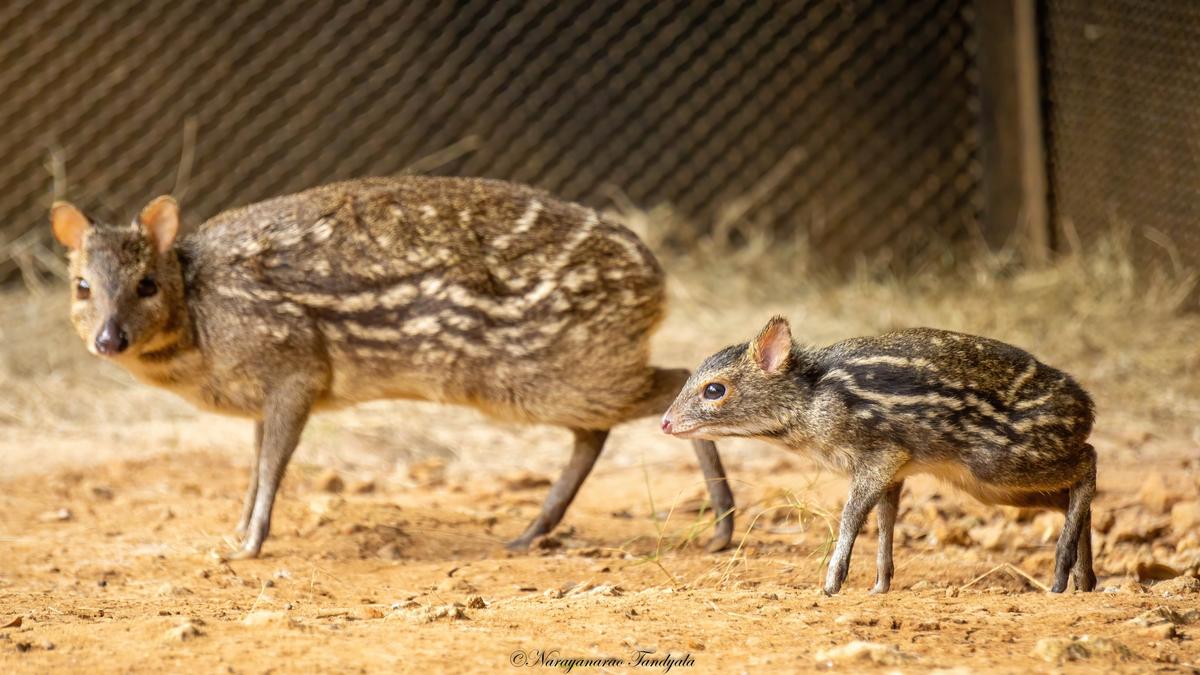













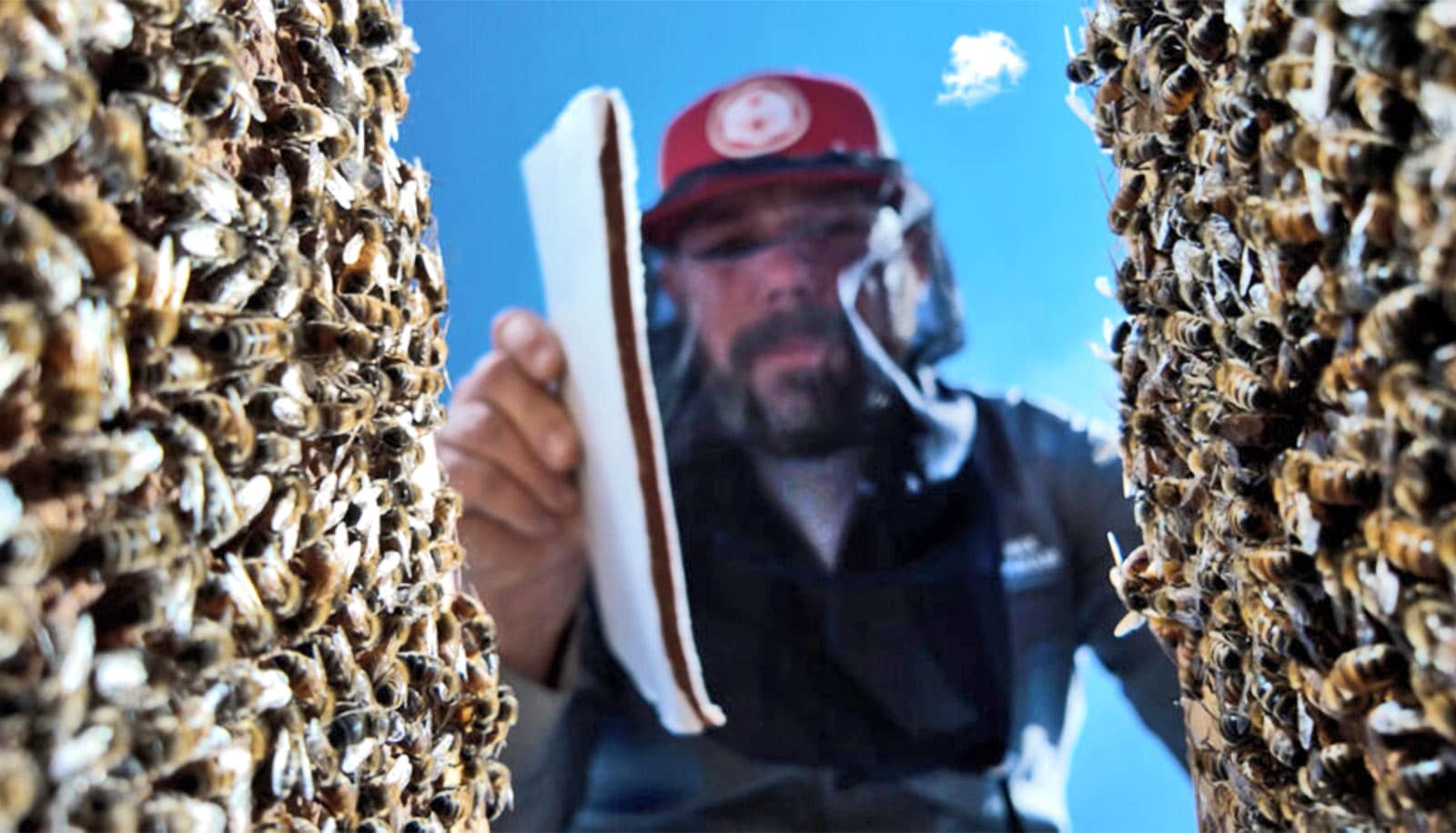











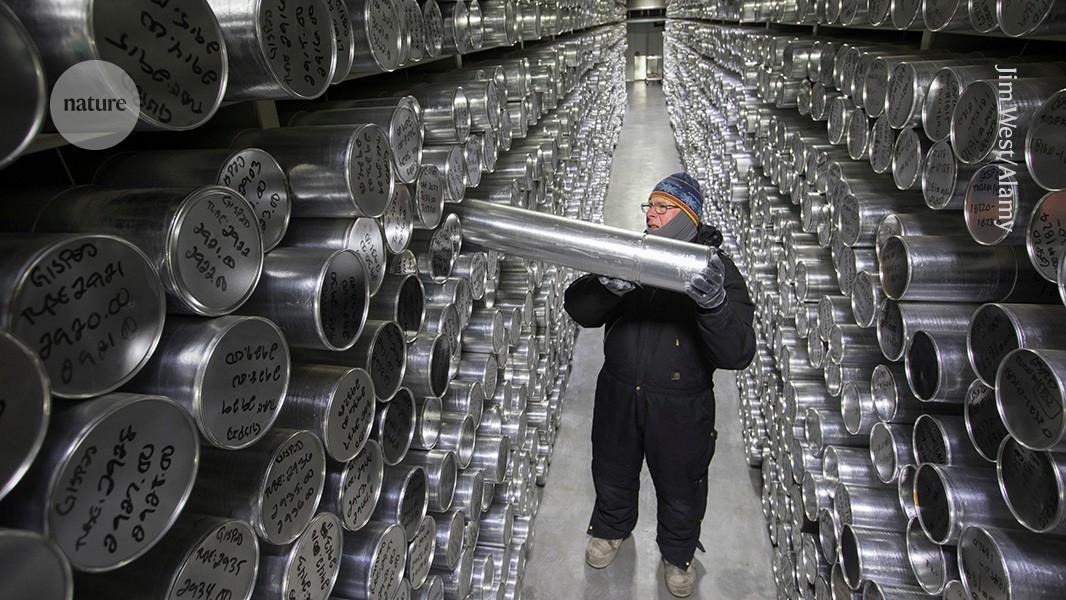








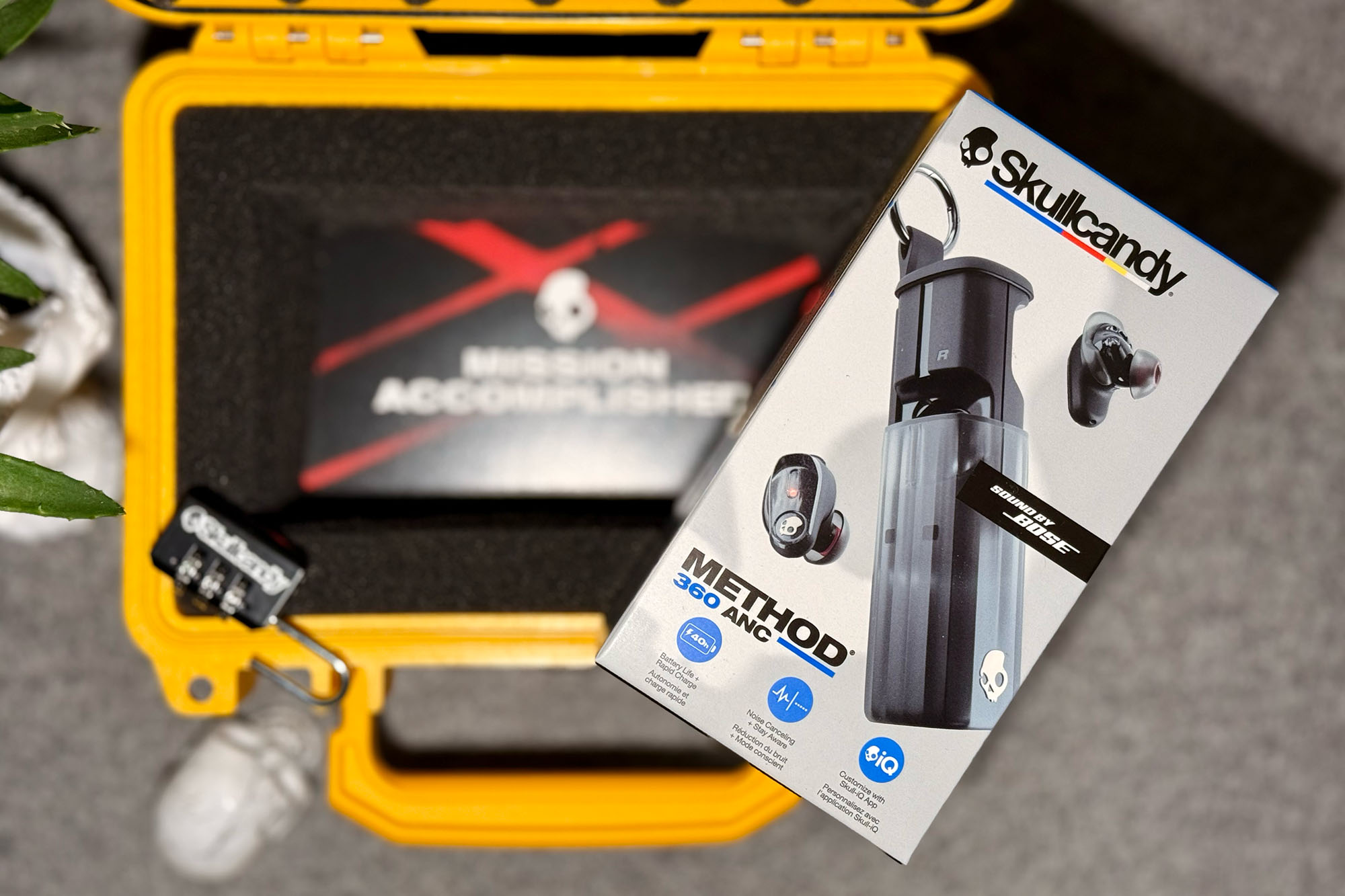





































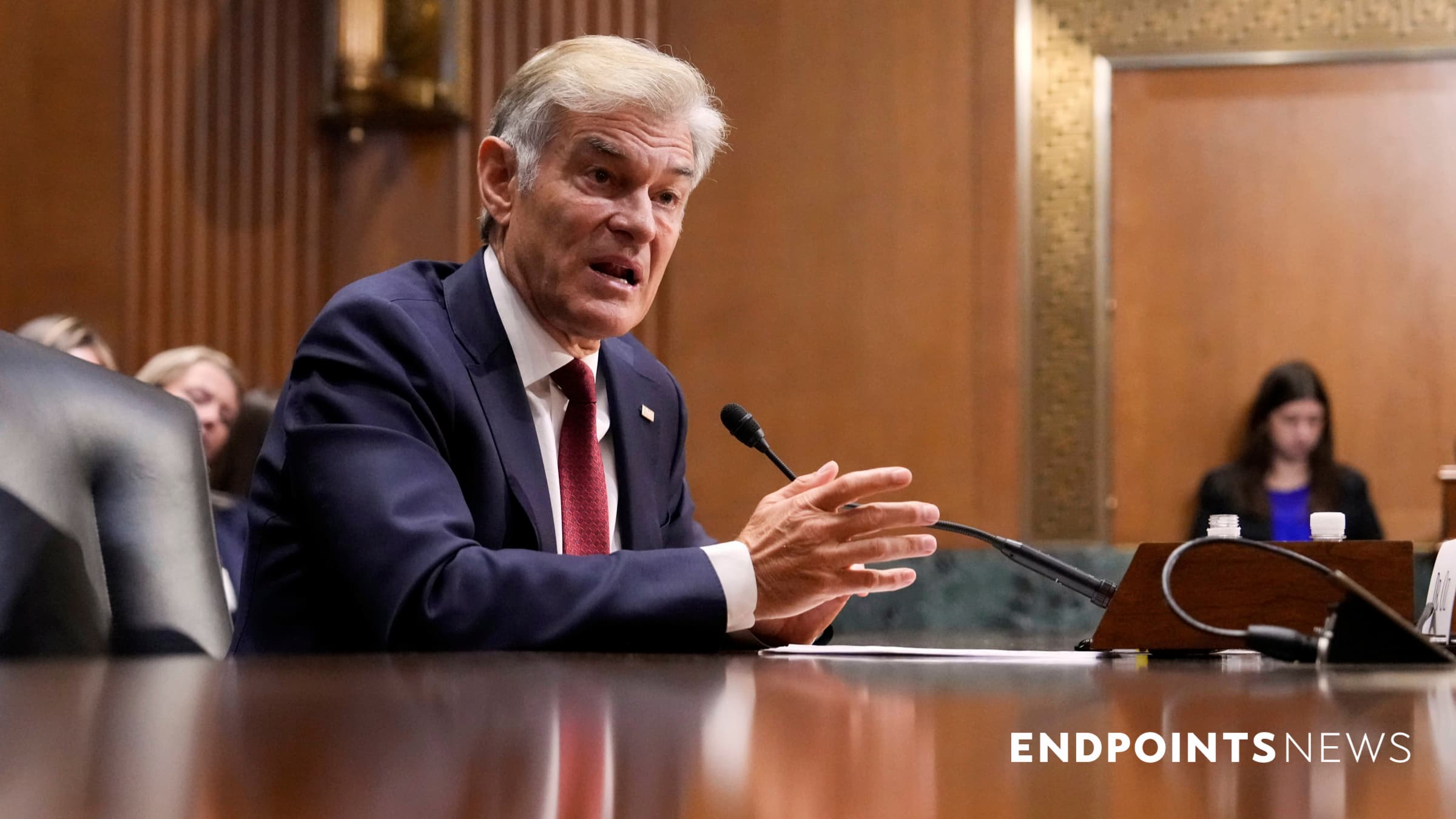






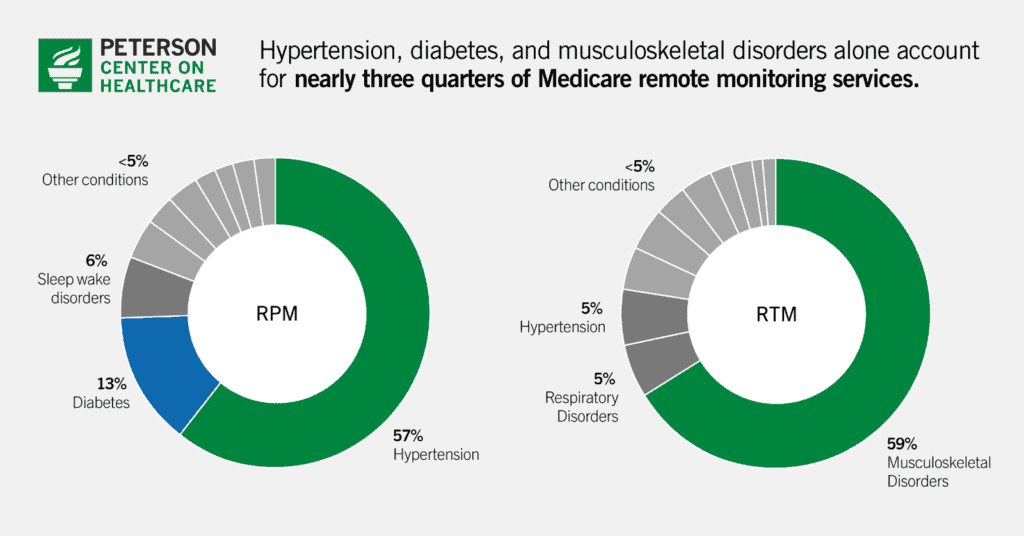















![The breaking news round-up: Decagear launches today, Pimax announces new headsets, and more! [APRIL FOOL’S]](https://i0.wp.com/skarredghost.com/wp-content/uploads/2025/03/lawk_glasses_handson.jpg?fit=1366%2C1025&ssl=1)

















